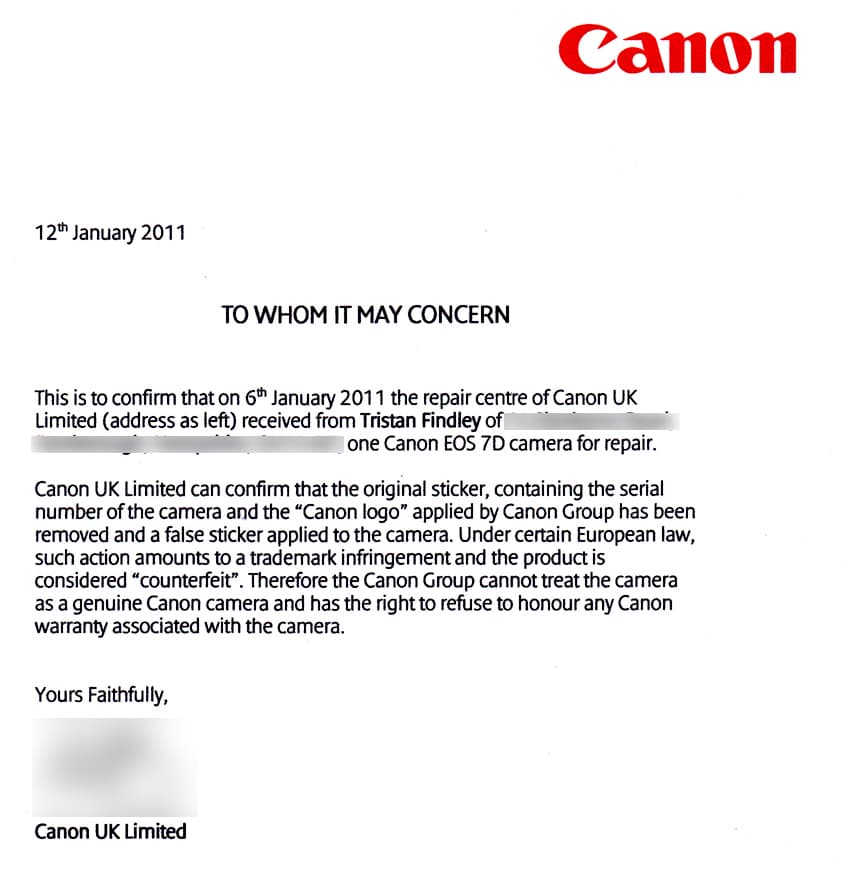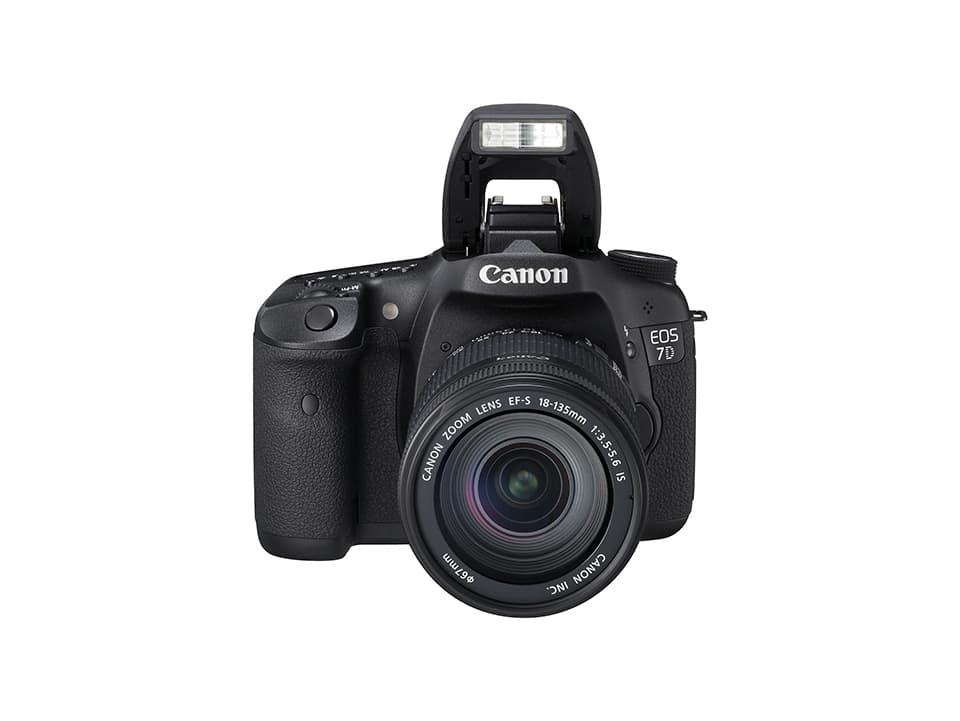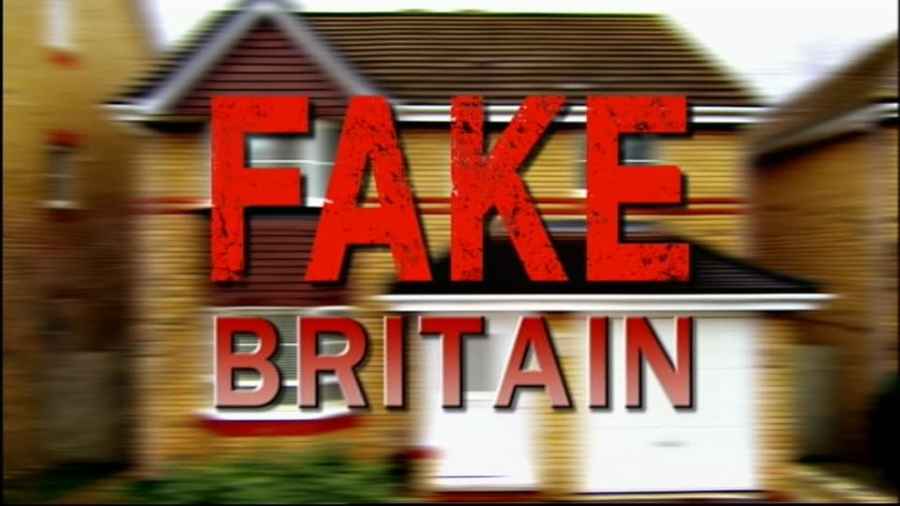Tristan Findley was responding to an Amateur Photographer (AP) survey about counterfeit kit, launched in conjunction with BBC consumer rights show Fake Britain.
‘I always buy from authorised sellers now,’ said Tristan, who said he unwittingly bought a counterfeit Canon EOS 7D digital SLR in 2010.
Tristan paid nearly £1,500 for the 18-millon-pixel camera, saving more than £200 on the list price at the time.
As it was a genuine camera, the DSLR had been working fine, and it wasn’t until he had used it for nearly a year that he discovered its serial number had been tampered with.
As a ‘semi-pro’ photographer with a passion for wildlife, trouble began when Tristan sent the camera to Canon for a routine ‘health check’, prior to a planned trip to Yellowstone National Park in the US.
He said Canon refused to service the EOS 7D because it was classed as counterfeit, telling him that the serial number on the camera’s base plate did not match the real one.
The actual serial number was revealed in the EXIF file data of Tristan’s photos, which clashed with the number on the camera body.
‘Canon confirmed that they do not manufacture cameras with 7-digit serial numbers anywhere in the world,’ said Tristan, who works in IT.
‘So, there was no doubt it had been tampered with.’

The base plate of Tristan Findley’s Canon EOS 7D, showing the incorrect serial number
The fact that the serial number had been switched to a fake one, seemingly to disguise its origin, raised the possibility that the EOS 7D may have been stolen.
Buying through an unauthorised importer means the manufacturer may not honour the warranty in the event that the product develops a fault.
Simply Electronics refunded Tristan’s money after presenting the Hong Kong-based firm with an affidavit he had obtained from Canon, confirming the camera as a counterfeit.
Simply Electronics’ customer experience manager Adrian Baldesimo told AP that the firm reimburses customers if it can validate such a counterfeit claim.

Above: The letter Tristan said he received from Canon, confirming the camera as a fake. Canon declined to comment on the case when approached by AP
Since the scare, Tristan says he is wary of buying products from grey importers – firms that legally import goods through unofficial distribution channels – and avoids online retailers that source gear from third-party sellers.
Before buying, he checks the manufacturer’s website for a list of official stockists, and says he prefers to buy from reputable high-street names such as Jessops.

A genuine Canon EOS 7D
Asked if Simply Electronics sources products through the grey market, Baldesimo replied: ‘We buy products internationally from a wide range of suppliers in order to bring the best deals.’
Asked to outline measures Simply Electronics takes to prevent counterfeit products being sold to customers, Baldesimo added: ‘We only buy from registered businesses that have sizeable presence in their respective countries and they, like ourselves, will be liable for fraud and prosecution if, indeed, goods are counterfeit.
‘We raise this point from time to time with our suppliers to confirm, and have built trusting relationships.’
Simply Electronics says it refunds customers in full if the product turns out to be fake and it is shown ‘solid proof’ it is counterfeit.
‘The product needs to be returned to us for thorough investigation with our suppliers,’ added Baldesimo, who said Simply Electronics carries out ‘stringent tests’ on its stocks for authenticity.
Canon’s UK office declined to comment on the specific case, but speaking in general terms, a spokesperson told AP: ‘Canon takes criminal activity very seriously and works with police, customs and anti-counterfeit organisations and authorities across Europe, [the] Middle East and Africa to tackle the trade in counterfeit products.’
Most of the fakes reported in the AP survey were SD cards and batteries.
But AP also received reports of counterfeit bags, a lens, filter and tripod.
Several respondents said they bought what they thought what was a genuine product via an internet auction site.
More than 40% said they had bought through an unofficial grey-market supplier.
Among them was Jeff Piper, who bought a camera from a grey-market importer that displayed a UK address.
The company shipped the kit to Jeff at his home in the US.
‘When I tried to claim back on a Canon promotion, I was told that the details were invalid,’ Jeff recalled in his survey response.







